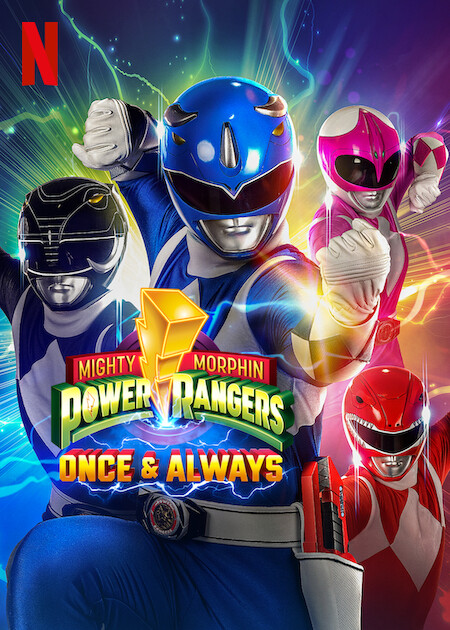Those of us who grew up in the 90s probably remember the frenzy of the Mighty Morphin’ Power Rangers between 1993-1996. It featured strong women — and we can count Rita Repulsa among them — as well as a diverse cast that made many children feel represented.
At the time, the show was often criticized by parents and adults who claimed the amount of violence marketed to children was excessive, but that didn’t affect the show’s success. In just three seasons, MMPR cemented its place in 90s pop culture and continues to have an impact today.
Fans of the series mourned the passing of Thuy Trang, the actor who portrayed Trini Kwan in 2001 and were dealt another blow in 2022, when Jason David Frank (Tommy Oliver) passed away as well.
After multiple TV shows, films, and iterations, Power Rangers: Once and Again reunited most of the original cast and showed us a few new faces as well. The film is less than an hour long and deals beautifully with the passing of two of its original stars.

Slightly campy in the most 90s way, Once and Again was just as inclusive in representation as the 1993-96 series it follows. It shows us the Power Ranger’s personal and professional successes outside of their lives as heroes. We see Billy’s tech company, learn that Zack was a member of Congress, and get a peek at Trini’s beautiful home and headstrong daughter, Minh.
But the film also bridges the gap between generations in a way that many reboots don’t. We often discuss representation in terms of gender, sexuality, race, and ability, but we rarely talk about the need to include people of many age groups.
Indeed, many social media and cultural conversations center on the arguments between one generation and the next. Sure, these exist, but we know age-based conflict isn’t the only way life works. Latinx and BIPOC communities hold multigenerational living and relationships very dear. Even within the multigenerational conflicts we deal with at home, at work, or in other areas of our lives, we also know there’s a lot of wisdom to be gained from generations other than our own.

In Once and Again, we see how Billy and Zack deal with becoming father figures for Minh after the passing of her mother. This includes revealing the truth about Trini Kwan’s identity as the Yellow Power Ranger and guiding Minh through her very natural desire for revenge against Rita Repulsa.
In one hour, the film shows us the importance of empathy, communication, and reconciliation in a healthy environment. Once it ends, Minh takes her rightful place as the Yellow Ranger and it’s understood that the elder Power Rangers, along with Alpha 9, will continue to mentor her as she learns how to use her new powers. Our beloved Power Rangers from the 90s pass the torch and pave Minh’s path toward success.
At the end of the film, I thought about the importance of learning from people of all ages. We can all take in the wisdom of our elders, find ways to mentor our youth without being condescending, and recognize when they too have something to teach us. Those are the lessons of Power Rangers: Once Again, now streaming on Netflix.

